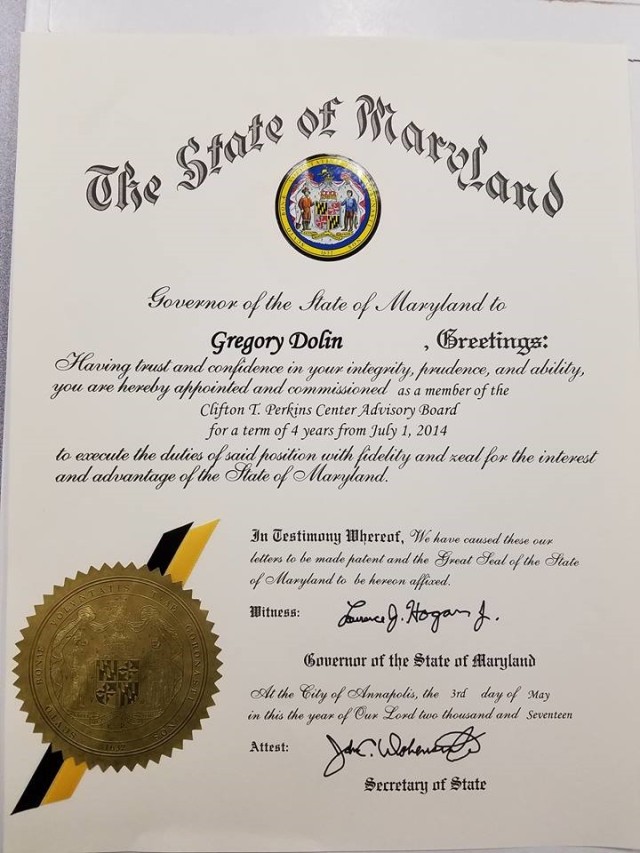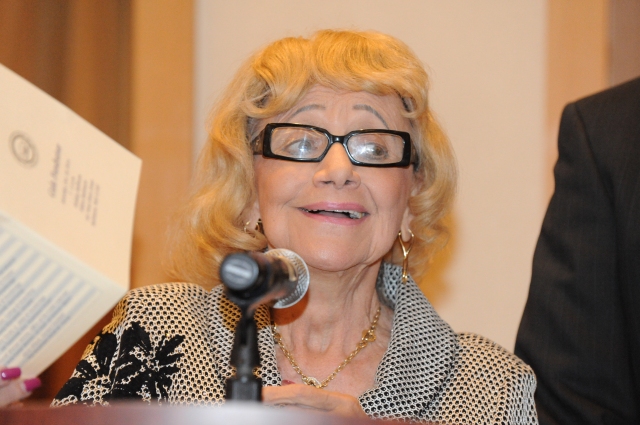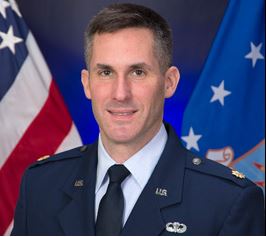
Professor Garrett Epps
In his most recent Atlantic column, “The Supreme Court’s Immigration Law Showdown” (May 24), Professor Garrett Epps writes that what seems a low-key term could be remembered in history as a “blockbuster” in one area: how much due process is owed to immigrants, undocumented aliens, aliens outside the United States and even naturalized citizens.
In this area, eight cases remain to be announced. The Court granted review in most of them before the election, when, Epps writes, “they seemed legally important but not overwhelmingly so.”
But, he says, in today’s America – “the era of deportation force, mass immigrant roundups, expanding detention of allegedly unlawful immigrants, and hypertrophy of the Department of Homeland Security’s already overgrown enforcement apparatus” – they may become literal matters of life and death.
Epps describes the eight cases, which he divides evenly into “warm-up acts” and “the big boys.”
In the first category is Sessions v. Morales-Santana, which challenges a ruling denying citizenship to the foreign-born son of an American citizen. Epps writes that current immigration law discriminates between citizen fathers and citizen mothers when they have children abroad. Mothers who have lived in the United States for a year can pass citizenship on to their children, but fathers must have lived in the U.S. for 10 years, including five years before they were 14.
Among the “big boys” is Jennings v. Rodriguez, which tests whether aliens awaiting deportation can be held indefinitely without a hearing. Epps writes that many undocumented aliens may, for statutory reasons, be eligible to stay and are not being held on criminal charges. Nonetheless, the government argues that immigration statutes permit them to be held, possibly for years without bail, while the matter is resolved.
Another major immigration case is Hernandez v. Mesa, a federal lawsuit against a U.S. Border Patrol officer who shot across the U.S.-Mexico border and killed a teenager on the Mexican side. The government argues that constitutional protections against unlawful killings by law enforcement do not apply to aliens not on American soil.
Noting that the justices seem to lean toward the government in all the major cases, Epps says: “Step back from the details, and a winning streak for the government will paint a very ugly picture.”
Read the Atlantic article here.
Learn more about Professor Epps and access the archive of his Atlantic columns.









